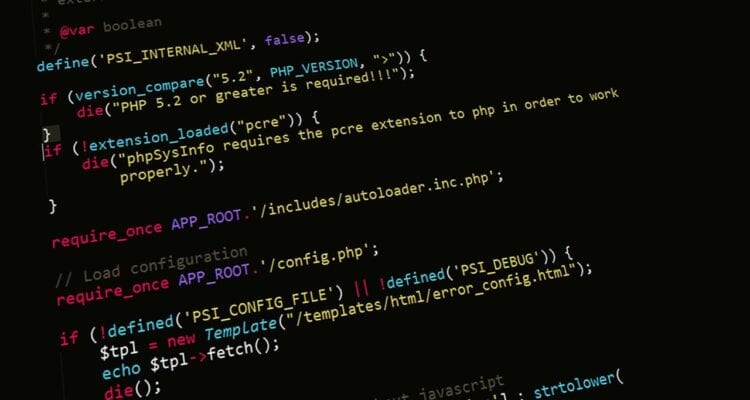New research report from global technology research and advisory firm Information Services Group (ISG) finds that the desire among enterprises to shorten accounting cycle drives greater adoption of software.
The report reveals that by 2027, half of midsize and larger enterprises will use close management software to speed the close and achieve greater control of the process.
This is amid the rising demand for financial consolidation and close management software as companies face greater regulatory and legal scrutiny and their need for speed and efficiency grows.
The ISG Buyers Guides for Financial Consolidation and Close Management, produced by ISG Software Research (formerly Ventana Research), say that consolidation and close management software has improved in recent years, reducing workloads through automation, enhancing ease of use and providing a single work area for staff accountants to reduce administrative overhead.
The report notes that for enterprises with especially complex structures and reporting requirements, the ability to consolidate using multiple accounting standards at different levels and branches of the corporate hierarchy requires especially robust software platforms.

"The need to increase the productivity of finance and accounting departments has been driving demand for consolidation and close management software. Over the past decade, applications have become more capable while easier to implement and use," says Robert Kugel, executive director of Business Research at ISG Software Research.
The report also finds that with workflow-enabled processes, administrators spend far less time ensuring individuals have started or completed their tasks, hand-offs are smoother and, where reviews and approvals are required, these events are recorded and easily accessed by external and internal auditors and support attestations that internal controls and procedures have been followed.
Consolidating and closing the books should be almost exactly the same from one period to the next, including processes for handling exceptions and unexpected events and managing the close calendar.
With workflow management, the reports say, the controller and chief accounting officer can spend less time on administration while having greater situational awareness and control.
Today’s technology also can help finance and accounting executives make their departments more productive, improve the overall working environment, and enhance their ability to attract and retain the best talent in a resource-constrained environment, according to the report.
Advances provided by artificial intelligence and generative AI will likely make dedicated close management software an even more compelling choice, especially in a time of growing complexity in accounting and the need for increased staff productivity, the report says. While accounting relies on doing the same things consistently, how they are done is always evolving because of legal and regulatory changes and the constant change in how accounting principles are reflected in processes.




